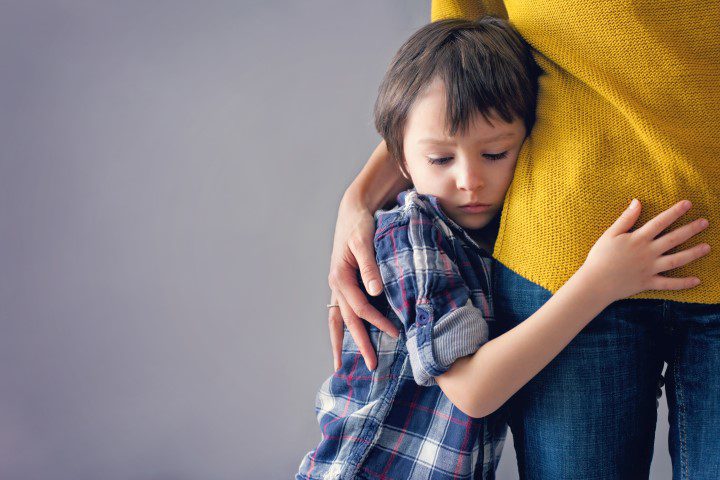Anxiety & Fear / Calming Children, Essential Kids Blog, Maggie in the Media, Posts for Parents, Screen time
Making kids feel safe in 24/7 bad news cycle

When I heard the devastating news last week that four lives were lost (and many more impacted) by a freak accident at one of Australia’s most popular theme parks, I thought naturally of the families who have lost their loved ones and the incomprehensible loss they are facing.
It is just beyond sad and my deepest heartfelt condolences go out to everyone affected.
My next thought was for children everywhere who in the hours and days after this accident are picking up snippets of news from online, radio and TV, sharing various retellings, images and details. Hearing over and over about children who’ve lost their mum, and of a seemingly safe and fairly tame ride being a death trap.
How many children will now be excessively worried about going on a ride at a theme park or country fair? Probably just as many are worried about being eaten by a shark, since we seem to hear constantly about shark attacks in the news now.
Summer holidays are not looking quite as enticing as they used to.
In reality, according to engineer David Eager on ABC RN’s Breakfast program, there is a one in 834 million chance of being killed on a theme park ride. Similarly, while our children (and we) might fret about sharks, we are it seems far more likely to be killed by a horse, a dog or a cow.
The point is that rather than being more careful about which rides we go on or whether we take that family beach holiday, we need to be more careful about not letting our kids be negatively impacted by the 24/7 news cycle.
This is one of the things I’ve noticed that is different for parents now than when I was parenting young children 30 years ago.
Thirty years ago the news happened at 6pm or 7pm, however today it happens on the minute, on the hour, on breakfast shows, on midday shows on endless channels and often in huge digital high resolution. It floods our screens and smart phones too and unless you are ‘off line’ in your home it is unrelenting.
The world’s catastrophes are instantly brought into our homes and repeated endlessly to the point of saturation.
For children these reports are frightening and many children have anxiety issues and excessive worrying thought patterns as a result of witnessing images of terrorist bombings, war, violence, car crashes, mass murders, famine and natural disasters.
Children I worked with around 9/11 thought those attacks were happening over and over again not just the awful once.
This catastrophic footage is etched into all our psyches and for young children with fragile developing psyches this can be quite terrifying and get the stress hormone cortisol pumping. They also feel powerless to help and make things safe.
We need to actively work to help our children feel safe in this distorted world.
Obviously, a first step is to protect our children from being exposed to too much media with healthy boundaries. I would ensure the ABC Kids channel trumps any TV news channels. It never reports real news.
Then as grown ups we need to have conversations and put things in context for our kids (such as the above statistics), and to emphasise the many, many good things that happen every day.
If we don’t, children will learn about these events from other children and this might result in some serious mis-informations and blatant untruths.
As I am now a grateful nanny, I can see that parenting young children is a tougher gig than it was when I was doing it, because of the incredible negative influences from outside.
Consumerism, sexualisation of children, online pornography and overtly violent content, the constant pressures to take up online gambling, shopping and posting ‘selfies’ … just to name a few.
We must remember though children still need the same things they have always needed – it’s just the world around them that has changed.
We need to be prepared to have age-appropriate conversations about the sad tragedies that happen and sow seeds of hope and joy in our homes with family rituals, moments of joy and delight, and hours of play, preferably outside.
We can help our precious children see the world in context rather than through the lens of an insatiable media-hungry world competing for consumers through sensationalism.
Let’s reassure our kids we really live in a safe community, in an amazing country and sadly accidents happen. Let’s hug them, hold them close and send compassionate thoughts and prayers to those who have lost loved ones.
Listen to Maggie’s ABC Podcast, Parental as Anything: ‘The news sucks. Here’s how to help kids deal with it.’
Image credit: ©️ Tomsickova /Adobe Stock – stock.adobe.com



